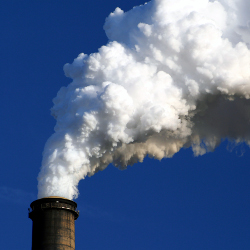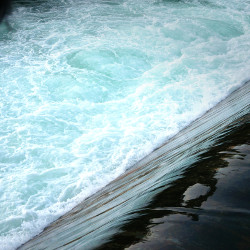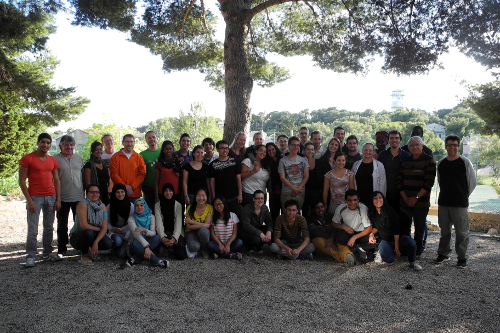M1 SGE - Environmental Sciences and Engineering
The M1 SGE Master's degree program proposes a broad-based and multidisciplinary curriculum in the field of Environmental Sciences, with the aim of training specialists to fully grasp the array of environmental issues in all their complexity (scientific naturally, but also economic and political).


M2 AIR
Indoor and outdoor atmosphere
M2 AIR - Indoor and outdoor atmosphere
The AIR major is intended to provide trained physical chemists with a specialized set of skills to solve atmospheric problems, in terms of recording measurements, understanding phenomena, monitoring regulatory compliance and mitigating atmospheric pollution.
This curriculum has been designed around three pathways (one dedicated to research the other two professional), showcasing the various occupations focusing on the atmospheric environment and relying on a common core of knowledge.


M2 MAPE
Materials of cultural heritage in the built environment
M2 MAPE - Materials of cultural heritage in the built environment
Whatever the indoor or outdoor conditions, the built environment is altered by the action of climate and pollution. The MAPE program aims at training specialists in environment-material interface, able to identify, understand and analyse deterioration factors and mechanisms, essential prerequisite to the sustainable preservation of the built and cultural heritage.


M2 MECE
Environmental management in public and private-sector organizations
M2 MECE - Environmental management in public and private-sector organizations
The MECE training program in environmental management has been designed for students seeking to work in an organizational setting, whether it be a local authority or company, focused on developing environmental impact mitigation policy.


M2 SAGE
Aquatic systems and water resources management
M2 SAGE - Aquatic systems and water resources management
The SAGE program is set up to provide multidisciplinary training, in emphasizing water operations and management at two scales, namely the urban catchment basin and natural hydrographic catchments. These operations are analyzed from the double perspective of: biogeochemical processes that govern the quality of aquatic systems interacting with their catchment basins; and a strong knowledge and understanding of water management instruments, whether they be technical processes for collecting and treating water or the building blocks of water management policies in place across the world's various regions.









